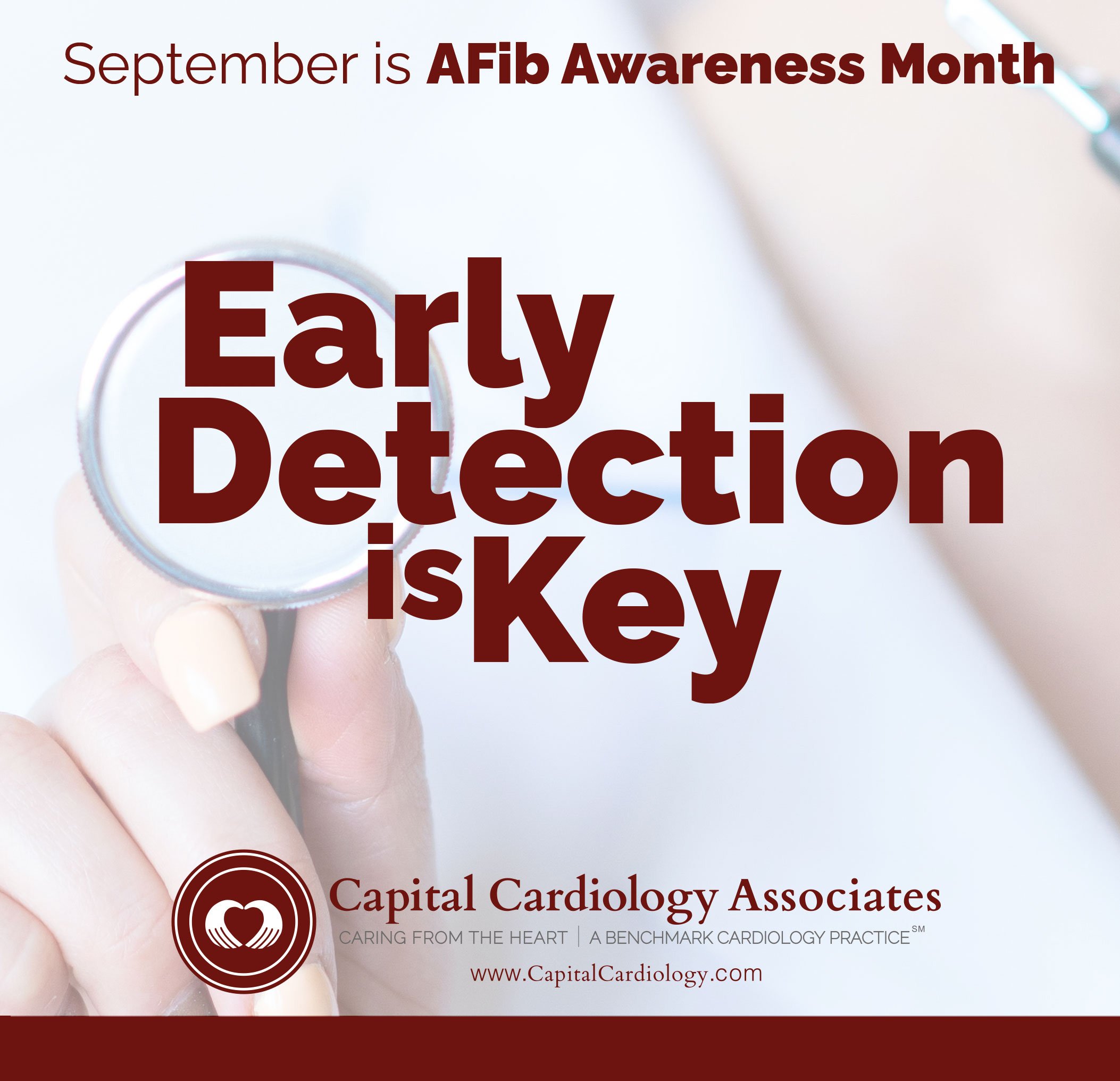AFib: Early Detection is Key
Atrial fibrillation (AFib) possesses a cunning ability to remain concealed, often evading detection and silently endangering the health of our hearts. However, amidst this subtlety, there shines a beacon of hope: the power of regular check-ups. As we commemorate #AFibAwarenessMonth, let us collectively place the highest priority on the well-being of our hearts by making a steadfast commitment to schedule routine screenings.
These check-ups serve as our secret weapon in the battle against AFib. Early detection, the ultimate goal, allows us to take swift and proactive measures, effectively maintaining our heart's rhythm, and ensuring its steady and robust performance.
Here's what typically happens during an AFib check-up:
Medical History Review: Your healthcare provider will begin by discussing your medical history, including any previous heart-related issues, family history of heart conditions, and your lifestyle habits such as diet, exercise, smoking, and alcohol consumption. This information helps in assessing your risk factors for AFib.
Physical Examination: The doctor will conduct a physical examination, checking vital signs like blood pressure, heart rate, and listening to your heart and lungs for any unusual sounds or murmurs.
Electrocardiogram (ECG or EKG): This is a key diagnostic test for AFib. Electrodes are placed on your chest and sometimes limbs to record the electrical impulses that trigger each heartbeat. An ECG can detect irregular heart rhythms and confirm the presence of AFib.
Holter Monitor: In some cases, you may be asked to wear a Holter monitor for a day or more. This portable device continuously records your heart's electrical activity while you go about your daily activities, helping to detect intermittent or sporadic AFib episodes.
Blood Tests: Blood tests may be conducted to measure certain biomarkers that can indicate heart-related issues, such as elevated levels of brain natriuretic peptide (BNP) or troponin.
Imaging Tests: In some cases, your doctor may recommend imaging tests like echocardiography (ultrasound of the heart) to assess the structure and function of your heart. This can help identify any structural issues that may contribute to AFib.
Stress Test: A stress test, often performed on a treadmill or stationary bike, can evaluate how your heart responds to physical exertion. This helps in assessing whether AFib is triggered or worsened by exercise.
Home Monitoring Devices: For individuals with known AFib or at high risk, home monitoring devices may be prescribed. These devices allow for continuous monitoring of heart rhythms, providing valuable data to healthcare providers.
Discussion and Education: Your doctor will explain the results of your tests and discuss treatment options if AFib is diagnosed. You'll also receive guidance on lifestyle changes, medication, and potential interventions to manage or prevent AFib.
Follow-Up: Depending on the findings and your specific condition, you may be advised to schedule regular follow-up appointments to monitor your heart's health and the effectiveness of any prescribed treatments.
Let's take action today for a healthier tomorrow, united in the mission to safeguard our hearts and cherish the gift of life. Together, we can make a profound difference. #HeartCheck #AFibAwareness #HeartHealthMatters #AFibAwarenssMonth

